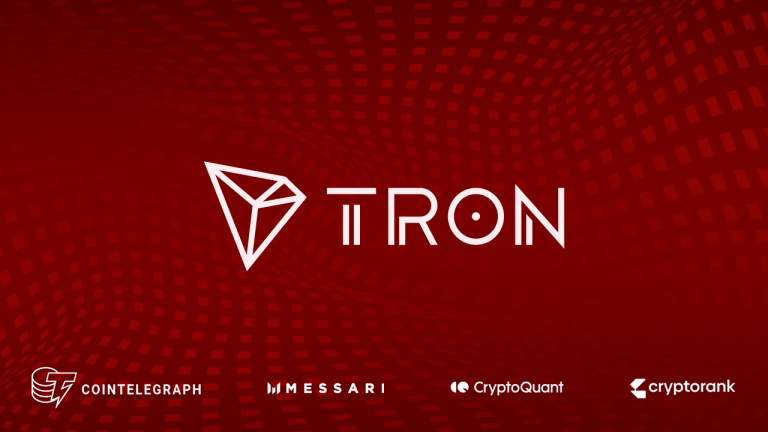
A spokesperson for Australian Treasurer Jim Chalmers said they are closely monitoring the fallout from FTX's collapse.
The Australian government has doubled down on its commitment towards a robust regulatory framework for crypto following the catastrophic collapse of FTX last week.
A spokesperson for Australian Treasurer Jim Chalmers said the Treasury said it is now planning on regulations to improve investor protection next year, according to a Nov. 16 report from the AFR.
The spokesperson made the announcement in light of the FTX’s fall last week, stating that it was closely monitoring the fallout from the FTX collapse, “including further volatility in crypto-asset markets and any spillovers into financial markets more broadly,” adding:
“These developments highlight the lack of transparency and consumer protection in the crypto market, which is why our government is taking action to improve the regulatory frameworks while still promoting innovation.”
The call for fast-tracked regulation comes as 30,000 Australians and 132 companies have fallen victim to Sam Bankman Fried’s fallen empire.
Michael Bacina, Digital Asset Specialist at Piper Alderman lawyers told Cointelegraph that regulation was the only way forward to re-establish the much-needed trust in trading platforms:
“Regulatory certainty is key to rebuilding trust in relation to centralized exchanges, and while law cannot eliminate bad behavior, it can set powerful norms and standards which make that behavior easier to find.”
While Danny Talwar, the head of tax at crypto tax platform Koinly added that a robust regulatory regime may fill in the holes where retail investors are left to be exploited:
“Following the FTX fallout highlights the need for sensible regulations within the crypto world, both domestically and across the globe, in order to eliminate uncertainty and remaining grey areas and provide clarity around digital assets — especially for retail consumers.”
“[But] the challenge will be ensuring that regulation does as intended to effectively protect consumers without suppressing industry growth,” he added.
As for what the regulation may entail, Talwar noted that while Australian trading platforms must comply with the Australian Transaction Reports and Analysis Centre (AUSTRAC), recommendations have been put forward to establish a market licensing regime.
The regime would include “capital adequacy and auditing standards to demonstrate the operational integrity” of trading platforms, which Talwar stressed is of great importance given that many exchanges are offering high yield products at a heightened risk in order to gain a competitive edge.
Related: Australian prudential regulator releases roadmap for cryptocurrency policy
Bacina also stated that the “measured approach” taken by the Australian government could also position the country to become an industry leader in digital asset regulation:
“When Australia brings in technology-enabling custody rules for centralized holders of crypto-assets, we will either be a leader in the space, or catching up, depending on how fast other jurisdictions, like Singapore and Europe, move to make rules.”
The Treasury is also looking to provide greater protection to investors by establishing a “token mapping” system, which will help identify how certain digital assets should be regulated, according to an Aug. 22 statement by Assistant Treasurer Stephen Jones.



